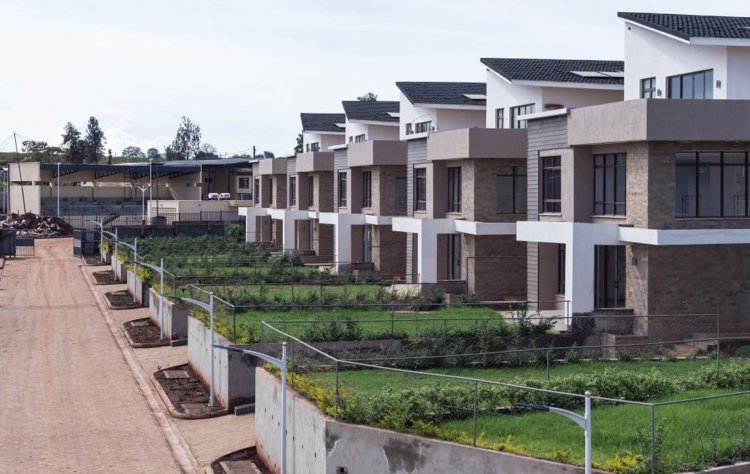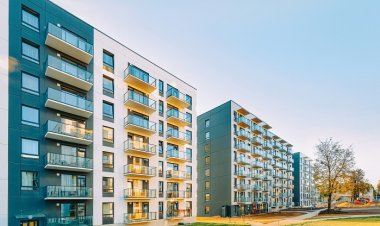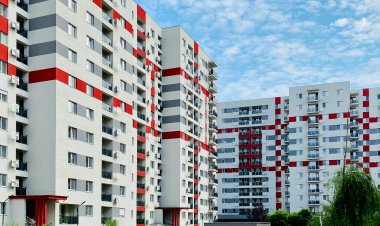Determinants of Residential Real Estate Propety Prices in Kenya
For the past ten years, Kenyan property prices have experienced a steady rise in its prices, and the trend is set to continue. Just what determines this trend?

Nairobi, Lamu, Malindi, and Mombasa luxury homes are at the top-notch residential property ranks, attaining high prices on a global rank.
Reportedly, Nairobi has experienced the highest demand for top-notch residentials with an over 25% increase.
Kenya is at the threshold of urbanization and demographic transition with an increase in its population, the population of better educated, and increased demand for a city living.
A city like Nairobi has an all-time high demand for real estate facilitated by improved infrastructures.
Tatu City, Konza city, Migaa golf estate, Kihingo village are just but the few multibillion-dollar gated communities serving as an example for Nairobi's high demand for top-notch residential.
But this is not an all-time case as the government is also trying to chip in affordable houses even though the property market has the perception of a lucrative business.
• Interest rates
Interest rates can affect the market both positively and negatively. The government can monitor closely the lending rates so as not to spike a real estate market bubble.
High-interest rates tend to lower the lending rates thus decreasing the real estate prices causing many not to be able to buy homes due to 'bad' mortgages.
Interest rates even though it's a macroeconomic factor, the Kenyan property market is still in expectation of continual growth. A significant change in the determining variable can't bend the effect of time when it comes to the Kenyan market.
• Gross domestic product (GDP)
The overall health of the economy matters when it comes to the pricing of a property. The market value of all goods and services produced in a period of one year in a particular country is its GDP. The people's purchasing power is at its lowest when the GDP is low thus even the property market will be at that time, experiencing a low buying rate. A high GDP means that the people were actively buying goods and services and for this real estate market had an active buying and selling.
When the gross domestic product is low and sluggish the property market will also have the same trend.
• Level of money supply
This refers to the broad measure of money in a country's economy. Higher discounts rates affecting investment might arise from an excessive money supply in the economy and this is how the property market would experience an increase in its pricing too. The currency in the hands of the public plus reserves held on behalf of commercial banks, Notes, and coins outside of the banking system plus current account balances held for transactions, short-term time savings deposits plus Treasury bills all compound to the level of money supply in a country.
• Inflation rate
The value of homes arises with an increase in the inflation rates making it a good development for property sellers. As good as the sales of homes goes up with inflated rates it also tends to do away with your savings, especially for retirees who rely on interest or investment income as it erodes the buying power.
The price for rents for both commercial and residential property is also at its peak on an increased inflation rate due to the high demand that arises with it.
The high cost of mortgages stocks the market when the inflation of a country goes up, this is the ideal time to see the value of property going up, the cost of borrowing that will also spike.
There is a lot of profits that come in when the inflation rate goes up.
If you have a real estate press release or any other information that you would like featured on African Real Estate Blog Post do reach out to us via email at [email protected]
































